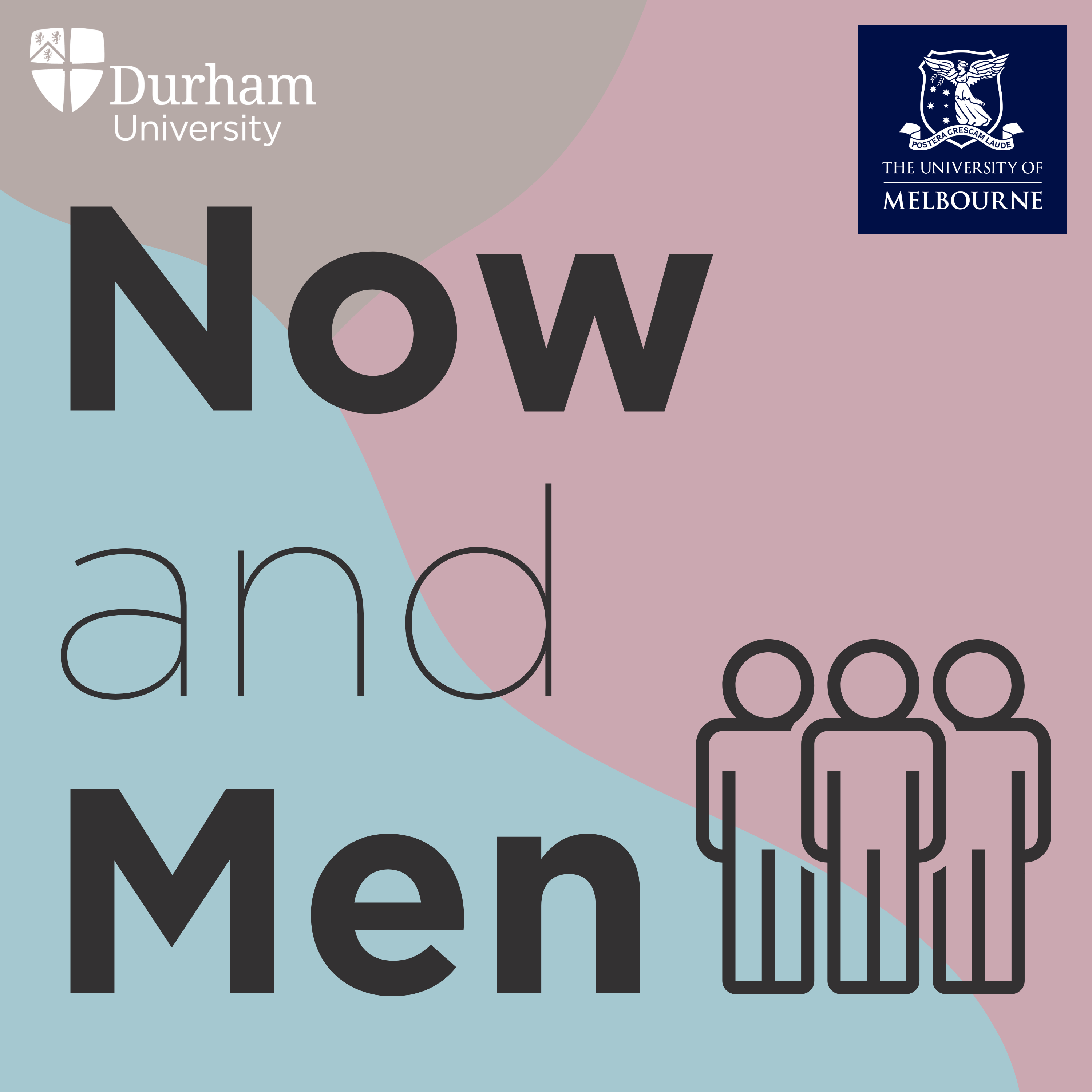Dr Katarzyna Wojnicka - Men, Migration and Masculinities in Europe
Some people migrate in search of work or economic opportunities, to join family, or to study. Others to escape war, conflict, persecution, or human rights abuses. Increasingly, people move in response to climate crises and natural disasters. Despite these realities, migration and migrants are often portrayed negatively by the media and politicians, with policy and legislation made more and more restrictive.
Many of these people are men - however, migration is rarely discussed in relation to gender and masculinity. Migrating men are often perceived in purely economic terms, or as a ‘threat’, linked to criminality, sexism, and terrorism. But what do we know about these men’s actual experiences, and how they navigate masculine expectations and power relations? This is what Dr Katarzyna Wojnicka has explored in her research, particularly with a large yet under-discussed group – that of Eastern European men migrating across Europe from countries such as Poland.
Katarzyna is an Associate Professor of Sociology at the University of Gothenburg in Sweden, based in the Department of Sociology and Work Science, and the Centre for European Research. She’s also an Editor in-Chief for NORMA, the International Journal for Masculinity Studies.
- Find out more about Katarzyna’s research: https://www.gu.se/en/about/find-staff/katarzynawojnicka and https://katarzynawojnicka.com
- Follow her on Twitter: https://twitter.com/DrKandTheMen
- Follow her on LinkedIn: https://www.linkedin.com/in/katarzyna-wojnicka-787a7072/
In this episode we cover the following topics:
- Why men and migration is a topic worth studying
- The main pieces of research Katarzyna has conducted in this area, such as her research on ‘transnational bachelors’
- The vulnerabilities arising from migration
- Why there has been little attention towards Eastern European men in research on migration in Europe
- Researching this topic as an ‘insider’
- Why Katarzyna left Poland
- Why she decided to research men and masculinities
- Attacks on women’s and LGBTQ+ rights in Poland
- Single male migrants’ constructions of masculinity
- The problems with ‘protective masculinity’
- What ‘hybrid masculinity’ means in the context of migration
- Why a ‘spatial’ approach is vital to understanding masculinities
- Improving public policy responses
- The war in Ukraine, refugees and gender
- Political discourses about migration in the UK
Further reading:
Here is a selection of papers by Katarzyna which we discuss in the episode:
- ‘Migrant men in the nexus of space and (dis)empowerment’ (NORMA, 2017): https://doi.org/10.1080/18902138.2017.1342061
- ‘Self-positioning as a man in transnational contexts: constructing and managing hybrid masculinity’ (NORMA, 2017): https://doi.org/10.1080/18902138.2017.1341768
- 'Research on men, masculinities and migration: past, present and future’ (NORMA, 2019): https://doi.org/10.1080/18902138.2019.1622058
- ‘Boyz2Men: Male migrants’ attitudes to homosexuality and what age has to do with it’ (Boyhood Studies, 2020): https://doi.org/10.3167/bhs.2020.130205
- ‘Understanding migrant masculinities through a spatially intersectional lens (Men and Masculinities, 2021)’: https://doi.org/10.1177/1097184X20986224
- ‘Hegemonic masculinity: Rethinking the concept’ (Connell and Messerschmidt, Gender and Society, 2005): https://doi.org/10.1177/0891243205278639
- ‘Hybrid masculinities: New directions in the sociology of men and masculinities’ (Bridges and Pascoe, Sociology Compass, 2014): https://doi.org/10.1111/soc4.12134
- ‘Suella Braverman condemned for suggesting 100 million migrants could come to UK’ (The Independent, 8th March 2023): https://www.independent.co.uk/news/uk/politics/suella-braverman-asylum-small-boats-inflammatory-b2295776.html



